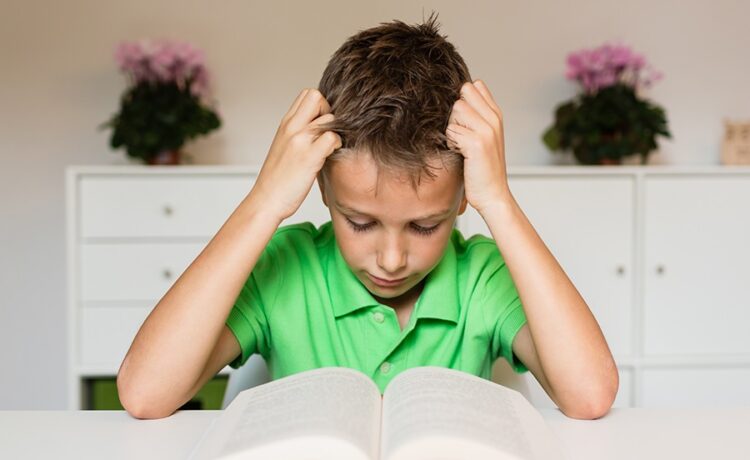With great number of children in schools today struggling with dyslexia, many parents are searching for the “best treatment” for their child. However, because this learning disability is complex and can stem from different sources, the best dyslexia treatment for one child may not work for another.
Why isn’t there a single ‘best’ dyslexia treatment?
In general, dyslexia refers to a difficulty reading or learning to read. However, there are many potential ways that dyslexia can manifest:
- For some children, dyslexia manifests as difficulty learning letters, letter sound combinations, or decoding whole words.
- Some children display what is known as directional dyslexia, where they struggle to differentiate between similar shaped letters that are placed in different directions, such as b/d or p/q.
- For other children, dyslexia manifests as a phonological problem where they have difficulty putting the sounds together in words (in reading) or parsing them (for spelling). This is generally known as phonological dyslexia.
- There are still other children who may recognize letters appropriately and can decode the sounds well, but they still struggle to recognize whole words and read them quickly. This is often known as surface dyslexia and it relates to an underlying difficulty remembering the visual representations of words.
Although each of these problems has the same outcome – impaired reading – the best way to treat those problems varies.
Does medication help treat dyslexia in children?
I’m often asked whether there are medications that would help a child with dyslexia read better. Although some online forums promote this notion, there has been no evidence that medication can help dyslexia.
For many types of dyslexia, the problems are related to connections throughout the brain that are either impaired or disorganized. These connections cannot be “rewired” by taking medication.
It has been found that stimulant medication helps children with ADHD read better, but this is because the medication enables them to focus better and fully process the words on the page rather than making impulsive guesses.
What about vision therapy or prism glasses?
If dyslexia includes difficulty recognizing letters or quickly scanning them on a page, then it should be based on a visual problem, right? Although this seems an intuitive conclusion, most of the research in relating dyslexia to visual problems has shown only minimal connections.
According to the American Academy of Pediatrics, although vision problems are sometimes related to dyslexia, they are not the primary cause.
In addition, research has not supported the use of eye exercises, behavioral vision therapy, or special tinted filters or lenses for treating dyslexia or other complex pediatric neurocognitive conditions.
Which reading program is best for treating dyslexia?
The answer to this question depends on the specific type of dyslexia that the child presents. If a child has a deficit in their phonological processing which gives rise to a reading problem, they would require a program that specifically addresses their difficulties with phonological processing. On the other hand, if they struggle with the whole word recognition as in surface dyslexia, they would need a program designed to address this deficit.
Understanding Learning Styles: Unlocking Effective Dyslexia Treatment
In the pursuit of finding the best dyslexia treatment, understanding different learning styles plays a pivotal role. Exploring these diverse styles not only illuminates the unique strengths of individuals with dyslexia but also unveils tailored approaches that can transform learning experiences. Embracing varied learning methodologies fosters a more inclusive and effective environment for those navigating dyslexia. Discover more about learning styles and their impact on dyslexia treatment in our comprehensive blog on Learning Styles for an in-depth exploration.
Comprehensive Dyslexia Evaluations With Neuro-Psych Doctor
Since there is no single cause or ‘best’ dyslexia treatment, it is nearly impossible to determine which program will work best for a child with difficulty reading without first having a in-depth assessment of their reading deficits. Dr. Ben Malkin can assess your child with a comprehensive panel of tests to identify the cause of the reading deficit, and then identify the most effective learning techniques to help your child succeed.
Source: Best Dyslexia Treatment – NeuroPsych Doctor NY

